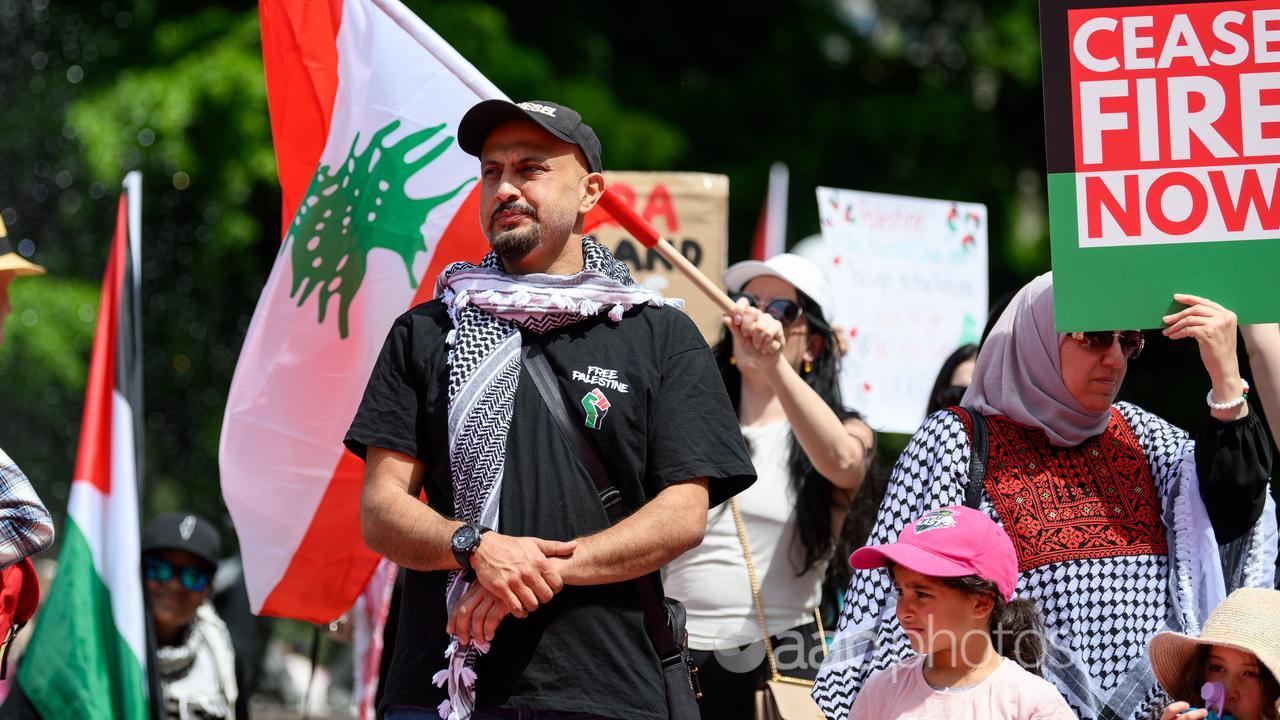The death of Hamas leader Yahya Sinwar is a major blow to the listed terrorist group but will not eradicate the threat or hasten an end to the war in Gaza, experts say.
While Sinwar was a charismatic leader who would have had in-depth knowledge of the group’s operations in Gaza, Hamas would have leadership succession plans, according to Karima Laachir from the ANU Centre for Arab and Islamic Studies.
“It’s a blow to Hamas as an organisation but I don’t think this will be the end of it.”
History has shown that when Hamas leaders have been killed, it spurs a rejuvenation to fight against Israel, who are seen as occupiers in Gaza, and the continued humanitarian crisis and killing would expand support, Professor Laachir said.
“They will recruit more people given atrocities and killing of civilians on the ground.”
Moreover, Hamas was more than its militant wing, as it was also a socio-political organisation that had become intertwined with the lives of Palestinians in Gaza, she said.
“It’s not something that can just disappear with the killing of its leader.”

More than 42,000 people in Gaza have been killed since Israel started its counteroffensive to the October 7, 2023 Hamas attacks, say local health authorities.
Recent sikes against hospitals and videos and images of burning refugee camps have spurred leaders internationally to again condemn the killing of civilians by Israel.
Australia’s politicians welcomed the Hamas leader’s death, with Prime Minister Anthony Albanese saying he was the enemy of the Israeli people and that his demise could mark a turning point in the “devastating conflict”.
The federal government is continuing to call for a ceasefire in Gaza and in Lebanon, where Israel and listed terror group Hezbollah continue to trade rocket attacks and Israeli forces invade the southern part of the country.
It was an opportunity for Hamas to release hostages and end the war, Foreign Minister Penny Wong said.
“His death must enable the end of the war,” she wrote on social media site X.
But coalition figures have argued against a ceasefire, saying if Israel had agreed to one when the federal government and other international partners began their calls, Sinwar would still be alive.
Former intelligence official and Middle East expert Ian Parmeter agreed Sinwar’s death was unlikely to expedite the end of the war, especially given the rhetoric of Israeli Prime Minister Benjamin Netanyahu, who has vowed to eradicate Hamas.
“Hamas has lost a leader but it’s still a significant fighting force in Gaza,” he told AAP.
“The killing of Sinwar is a major win for Israel in that it’s a significant blow to Hamas but not the end of them.”
Lifeline 13 11 14
beyondblue 1300 22 4636




















